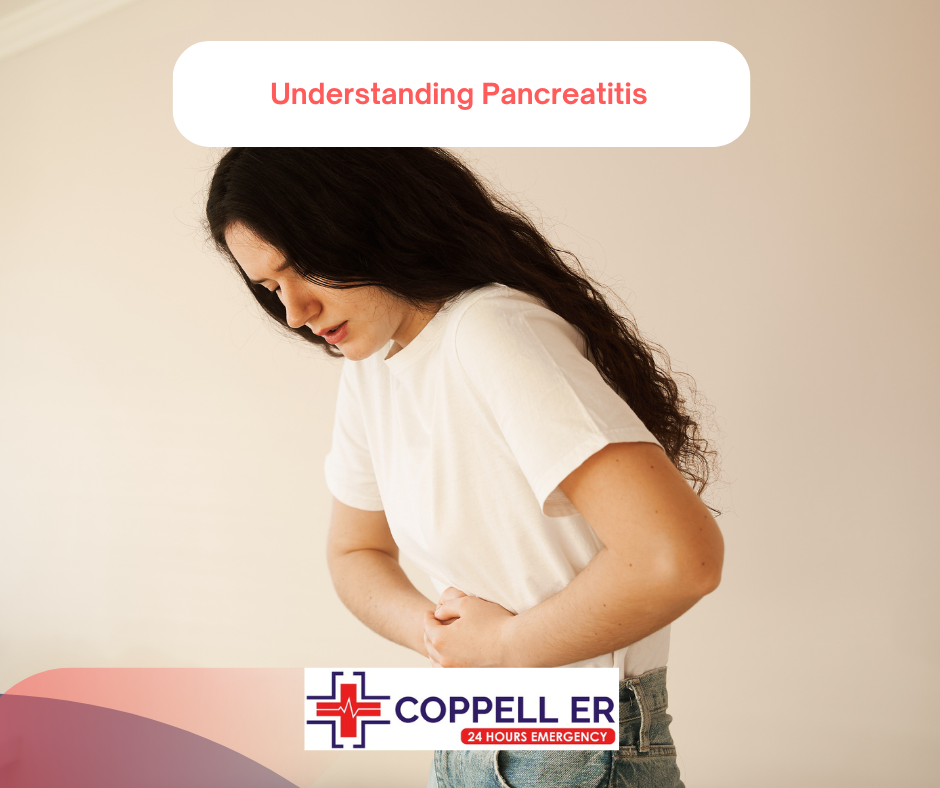
Introduction
Pancreatitis is a condition that causes inflammation in the pancreas, leading to severe abdominal pain and potential complications if left untreated. While mild cases can resolve on their own, some cases require immediate medical intervention. If you’re wondering pancreatitis when to worry, recognizing the warning signs can help prevent life-threatening situations.
Understanding Pancreatitis
The pancreas is a vital organ responsible for producing digestive enzymes and insulin. When inflamed, it can disrupt normal digestion and blood sugar regulation, leading to severe complications.
Types of Pancreatitis
- Acute Pancreatitis – Sudden inflammation that lasts for a short period but can be severe.
- Chronic Pancreatitis – Persistent inflammation that can lead to permanent damage over time.
Common Causes of Pancreatitis
- Gallstones
- Excessive alcohol consumption
- High triglyceride levels
- Certain medications
- Abdominal trauma
- Pancreatic cancer
When to Worry About Pancreatitis?
1. Severe Abdominal Pain
A sharp, stabbing pain in the upper abdomen that radiates to the back is a primary sign of pancreatitis. If the pain is persistent and worsening, seek medical attention immediately.
2. Unrelenting Nausea and Vomiting
Frequent nausea and vomiting, especially after eating, can indicate severe pancreatic inflammation. If you’re unable to keep food or fluids down, medical intervention is necessary.
3. Fever and Chills
A high fever suggests an infection or severe inflammation, which can be life-threatening if not treated promptly.
4. Rapid Heart Rate and Low Blood Pressure
Pancreatitis can cause dehydration and shock, leading to a dangerously fast heart rate and dizziness. If you experience these symptoms, visit ER of Coppell immediately.
5. Jaundice (Yellowing of Skin and Eyes)
If pancreatitis is caused by blocked bile ducts, jaundice can develop, indicating a need for urgent medical attention.
6. Unexplained Weight Loss and Malnutrition
Chronic pancreatitis can hinder nutrient absorption, leading to rapid weight loss and deficiencies. If you’re losing weight unexpectedly, consult a healthcare provider.
7. Severe Back Pain
While mild back pain is common, persistent and intense back pain accompanying abdominal discomfort can signal a severe pancreatitis episode.
Diagnosis and Treatment
How Is Pancreatitis Diagnosed?
- Blood tests – Check enzyme levels and inflammation markers.
- Imaging tests – CT scan, MRI, or ultrasound can identify pancreatic abnormalities.
- Endoscopic ultrasound – Helps detect gallstones or obstructions.
Treatment Options
- Hospitalization – Severe cases require IV fluids, pain management, and fasting.
- Antibiotics – If infection is present.
- Surgery – In cases of gallstones or pancreatic necrosis.
- Dietary changes – Avoid alcohol and fatty foods to prevent flare-ups.
When to Go to the ER?
Seek emergency care at ER of Coppell if you experience:
- Intense abdominal pain that doesn’t improve
- Persistent vomiting
- High fever with chills
- Jaundice
- Difficulty breathing or confusion
FAQs About Pancreatitis
1. Can pancreatitis go away on its own?
Mild cases of acute pancreatitis can resolve with rest and hydration, but severe cases require medical intervention.
2. What foods should I avoid with pancreatitis?
Avoid alcohol, high-fat foods, processed meats, and sugary drinks to prevent aggravating the pancreas.
3. Is pancreatitis a life-threatening condition?
Yes, severe pancreatitis can cause organ failure and infections, making emergency care crucial.
4. How long does it take to recover from pancreatitis?
Recovery time varies; mild cases may resolve in a few days, while chronic pancreatitis requires long-term management.
5. Can stress cause pancreatitis?
While stress itself doesn’t cause pancreatitis, it can exacerbate symptoms in individuals with existing conditions.
Conclusion
Recognizing the signs of pancreatitis early can prevent serious complications. If you experience severe pain, nausea, or other worrying symptoms, seek immediate medical attention. ER of Coppell provides expert care for pancreatitis, ensuring timely diagnosis and treatment.
For more blogs visit https://www.authortalking.com/chest-pain-after-eating/







